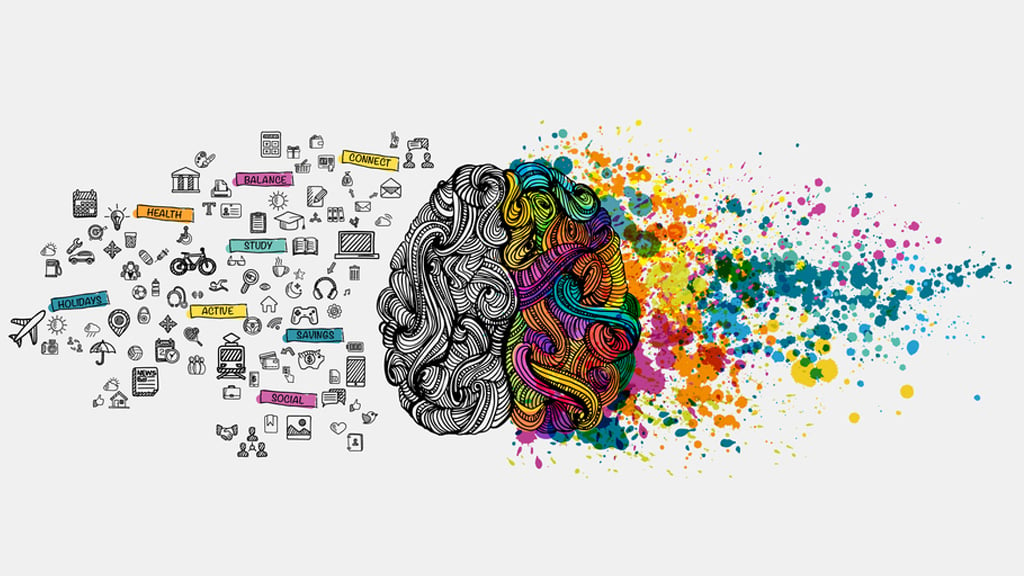Residential Mental Health Services Designed for Whole-Person Care
Residential Mental Health Services Designed for Whole-Person Care
Blog Article
Comprehensive Inpatient Mental Wellness Services for Effective Therapy
Inpatient mental health services stand for an important part of the health care system, providing a intensive and organized setting for people experiencing extreme psychological distress. These solutions employ a multidisciplinary approach, incorporating various evidence-based therapies to attend to the complex demands of clients. Nevertheless, the efficiency of such thorough treatment expands beyond immediate stabilization; it likewise includes the transition to outpatient support, an important phase typically overlooked. Discovering the nuances of this continuum reveals considerable effects for both individual recuperation and wider psychological wellness outcomes. What variables truly affect this change, and exactly how can we improve its efficiency?
Comprehending Inpatient Mental Health Solutions
Inpatient mental health and wellness services supply vital support for individuals experiencing serious psychological distress that can not be managed properly in an outpatient setting. These solutions are made to supply an extensive degree of care in a structured atmosphere, often within a health center or specialized center. Individuals confessed to inpatient programs usually display acute symptoms, such as suicidal ideation, severe anxiety, or psychosis, demanding continuous monitoring and treatment.
The admission procedure generally entails a comprehensive evaluation by mental health professionals, that review the person's mindset, history, and immediate needs. Once confessed, patients engage in a selection of healing techniques tailored to their certain requirements, including drug management, specific treatment, and group sessions. This alternative technique aims to stabilize the patient's condition, advertise safety and security, and foster coping skills.
Inpatient psychological health services not only address instant health problems but likewise function as a bridge to recurring care. By providing a controlled setting, these solutions assist in the advancement of therapy strategies that can be continued in outpatient setups, thus guaranteeing a continuum of care and enhancing lasting outcomes for individuals with intricate mental wellness needs.
Key Parts of Effective Treatment
Efficient treatment in inpatient psychological wellness solutions comprises a number of key components that cultivate recuperation and stabilization. Firstly, an extensive assessment is vital to determine the individual's certain needs and obstacles. This assessment informs the development of a tailored therapy plan, which functions as a roadmap for treatment.
An additional crucial part is the multidisciplinary team approach. Cooperation among psychiatrists, psycho therapists, nurses, and social employees ensures that various perspectives contribute to the individual's care, improving the performance of therapy. Evidence-based restorative methods, such as cognitive-behavioral therapy (CBT) and dialectical actions treatment (DBT), are additionally indispensable, offering organized methods that resolve maladaptive thought patterns and behavioral concerns.

Finally, a concentrate on aftercare preparation is critical to make sure a smooth shift to outpatient solutions, reducing the threat of relapse and advertising long-term wellness. These collective elements create a reliable treatment framework within inpatient mental wellness solutions.
Advantages of Comprehensive Treatment

Comprehensive care in inpatient mental health and wellness check my source solutions offers many advantages that dramatically enhance client end results. One of the main benefits is the all natural method to treatment, attending to not only the psychological symptoms however likewise the physical, social, and emotional demands of patients. This extensive evaluation enables customized interventions that promote overall wellness.
An additional advantage is the combination of multidisciplinary groups, which cultivates partnership amongst health care professionals. This joint environment guarantees that patients obtain collaborated treatment, minimizing the danger of fragmented treatment and improving communication among caregivers. Additionally, detailed care facilitates connection of solutions, enabling seamless changes from inpatient to outpatient settings, which is critical for lasting recuperation.

Last but not least, the organized atmosphere of extensive inpatient care provides a secure space for patients to participate in restorative activities, aiding them establish dealing strategies and strength. Collectively, these advantages add to more efficient therapy and enhanced lifestyle for individuals experiencing mental health and wellness crises.
Evidence-Based Restorative Techniques
In the realm of psychological health treatment, evidence-based healing approaches play an important duty in making sure that people receive efficient and scientifically supported interventions. These methods integrate the ideal readily available research study with visit this site right here clinical knowledge and person values, promoting a tailored therapy experience that deals with individual requirements.
Cognitive Behavior Modification (CBT) is among the most extensively acknowledged evidence-based approaches, concentrating on identifying and transforming adverse idea patterns and habits. This structured method has shown efficacy in treating conditions such as anxiety, ptsd, and depression. Dialectical Behavior Treatment (DBT) is especially effective for people with borderline personality disorder, emphasizing the development of psychological policy and social efficiency skills.
Furthermore, drug monitoring is often an essential element of evidence-based therapy, as psychotropic drugs can ease signs and enhance general performance. Collaborative care versions, which involve multidisciplinary teams, further improve the effectiveness of inpatient services by ensuring detailed examinations and continual surveillance.
Eventually, the combination of evidence-based therapeutic approaches not just advertises positive medical results however additionally empowers individuals, cultivating a sense of firm and strength in their psychological wellness trips.
Transitioning to Outpatient Assistance
The shift from inpatient mental health solutions to outpatient support notes a critical phase in a client's recuperation journey. This duration requires cautious preparation and coordination to make sure connection of treatment and to mitigate the risks of relapse or dilemma. Reliable discharge preparation need to commence early in the inpatient remain, involving a multidisciplinary group that includes psychoanalysts, psychologists, nurses, and social workers.
Crucial element of a successful change include the development of an extensive aftercare plan customized to the person's particular requirements. This plan needs to detail follow-up consultations, medication monitoring, and therapeutic treatments, along with recognize area resources and support groups that can facilitate continuous recuperation.
Furthermore, patient and family members education is crucial during this phase. Comprehending the signs of prospective setbacks and the importance of sticking to therapy can equip people and their assistance systems.
Routine follow-up and review of the outpatient plan are important to deal with developing difficulties. By fostering a joint relationship between inpatient and outpatient companies, the chance of sustained healing increases, ultimately enhancing the patient's lifestyle and minimizing the risk of readmission.

Verdict
In summary, extensive inpatient psychological wellness services supply a necessary structure for resolving extreme mental distress through a multidisciplinary strategy. By integrating evidence-based therapies, promoting a structured setting, and promoting family involvement, these services enhance treatment efficiency. The focus on stability and the development of coping abilities not only help in prompt recuperation yet likewise helps with a smoother shift to outpatient care. Inevitably, such comprehensive treatment is important for lasting mental health and wellness and health.
The admission procedure usually involves a thorough analysis by psychological wellness specialists, that review the person's mental state, history, and immediate demands.Reliable therapy in inpatient psychological health services makes up a number of essential components that have a peek at these guys cultivate recovery and stabilization.Thorough care in inpatient mental wellness services uses numerous advantages that substantially enhance client outcomes.The transition from inpatient mental health solutions to outpatient support notes an important phase in an individual's recovery journey.In recap, thorough inpatient mental health and wellness solutions use a crucial framework for dealing with extreme mental distress through a multidisciplinary strategy.
Report this page